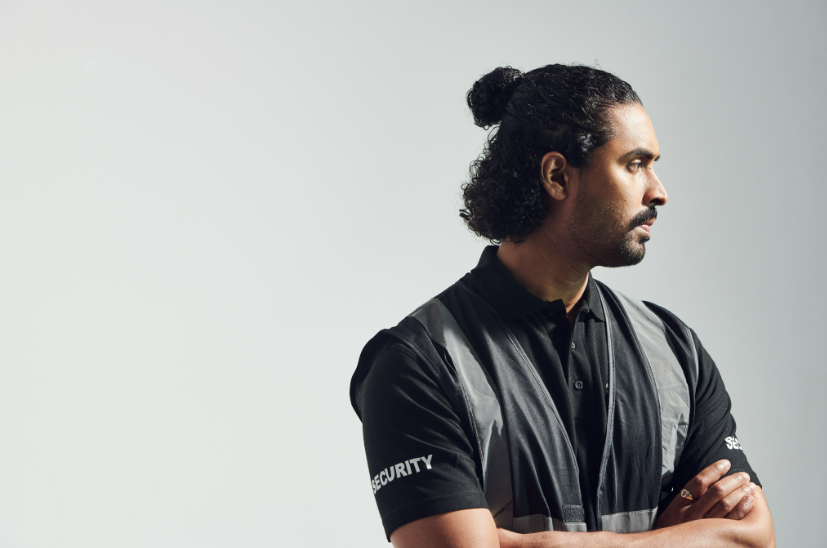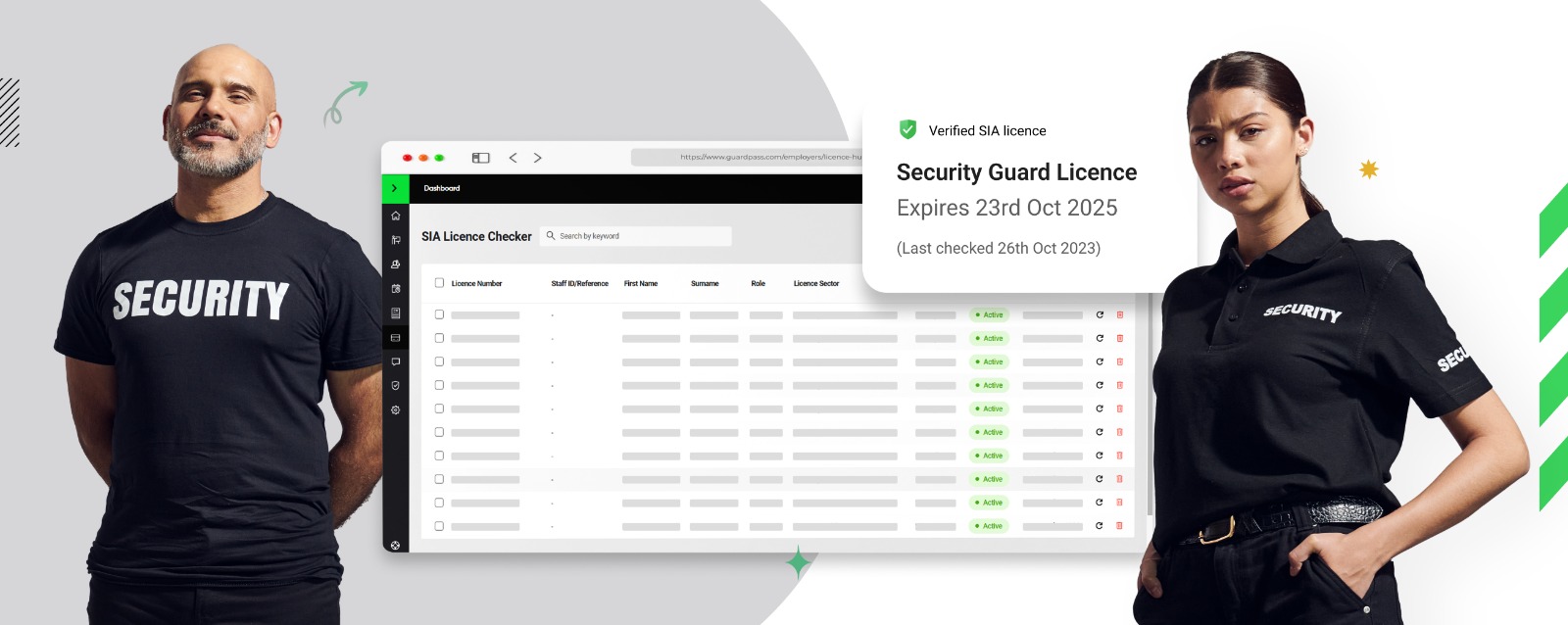There may be many different roles within the physical security sector, but they all share something in common. To perform your job safely, effectively, and successfully, there are skills that you must have, or will need to acquire. So, without further ado:
1. Situational awareness. Don’t be fooled. This is so much more than just being observant. It is a skill that needs to be consciously practiced and utilised both on and ideally, off duty as well. I can guarantee that one day, the few seconds extra warning you will have gained before an incident or attempted assault, will avoid a potentially long stay in hospital, if not save your life.
2. Empathy. An important weapon in any Security Officer’s arsenal. Taking time to try and understand the behaviour of another, or comprehend their problem or point of view, has effectively defused many conflict situations. Sometimes conflict simply can not be avoided, but much of the time, taking a few moments to put yourself in the shoes of the other person can lead to better understanding of a problem, and a successful resolution.
3. Effective communication. During your work you will encounter a myriad of different people, of different nationalities, cultures, and social levels. They may have disabilities, apparent, or hidden, which may affect their actions or style of speech. You need to be aware of the potential difficulties faced by those you need to interact with and tailor your approach to that person.
Potentially most importantly, during an emergency situation, you will almost certainly have a vital role to play. Be it directing the public, calling, and liaising with the emergency services, or answering questions from concerned members of staff, the ability to communicate critical information clearly, concisely, accurately, and calmly, is absolutely essential.
4. The phonetic alphabet. Following on from effective communication, as a Security Officer it is crucial that you learn, and are completely confident in using, the phonetic alphabet. This system was designed as a means of accurately passing on important information clearly and accurately in high stress or situations that hamper clear voice communication. It has been adopted by military, police, and airlines across the world for good reason. It prevents the obvious confusion of similar sounding letters like B and D, or I and Y. T and V etc etc. This saves time having to repeat messages and is invaluable in emergencies to give clear name, address, vehicle or location information to colleagues, client and the emergency services when required. For the record:
A = Alpha I = India Q = Quebec Y = Yankee
B = Bravo J = Juliet R = Romeo Z = Zulu
C = Charlie K = Kilo S = Sierra
D = Delta L = Lima T = Tango
E = Echo M = Mike U = Uniform
F = Foxtrot N = November V = Victor
G = Golf O = Oscar W = Whisky
H = Hotel P = Papa X = X Ray
5. Keeping calm under pressure. Some incidents that you find yourself having to deal with, can be hugely stressful. Nobody, however, wants to see a Security Officer panicking. When things get tough: Pause. Take a few deep breaths. Calmly evaluate the situation and what needs to be done. Actively speak slower and more clearly. Never lose your temper, raise your voice or resort to aggression, as a solution for a lack of ideas. Be decisive, clear, and resist the urge to flap, or waste time engaging with those unaware of what is occurring.
6. A memory and retention. This goes hand in hand with good observation skills and can be massively valuable in identifying patterns of behaviour, and unusual activities, that may have criminal or terrorist intent. The ability to recognise that the same person has been seen outside the building, observing movements, three days in the last week. Or that the same car has been observed circling the site, or parked with a view of it repeatedly, may just be enough to lead you to investigate, or inform the local Police. Sometimes this has led to the collapse of a hostile reconnaissance and averted a terrorist attack or potential robbery.
7. Time management & reliability. Whatever role you have in the security industry, people will rely on you to do your job conscientiously. You will need to perform the duties required, when you have to do them. It is when a job gets “left till later” or forgotten about completely, that things tend to go wrong with the inevitable detrimental results for your career. It is more than the performance of your duties however.
You will rapidly gain a damaging reputation for yourself with your employer, and those others relying on you, if you habitually arrive late for work, blow out shifts repeatedly at short notice, or fail to assist or relieve colleagues when required.
8. First aid. The basic mandatory “first aid at work” training now required by the SIA is essential for all security officers. If you want to go the extra mile and arm yourself with genuinely lifesaving skills however, consider advanced trauma training. This is a valuable skill and highly desired at large, high profile sites and venues. Having advanced training of this nature also goes a long way to assisting with compliance for the soon to be implemented Martyn’s Law. This is legislation designed to make companies and venues look at their existing counter terrorism measures, and improve training and preparedness. It also looks fantastic on a CV!
In your journey to becoming a proficient security professional, don’t forget to explore exciting job opportunities in the field. Visit our job page to discover rewarding roles where you can apply and further hone these essential skills. Your next career move could be just a click away!
Estimated reading time: 5 minutes



